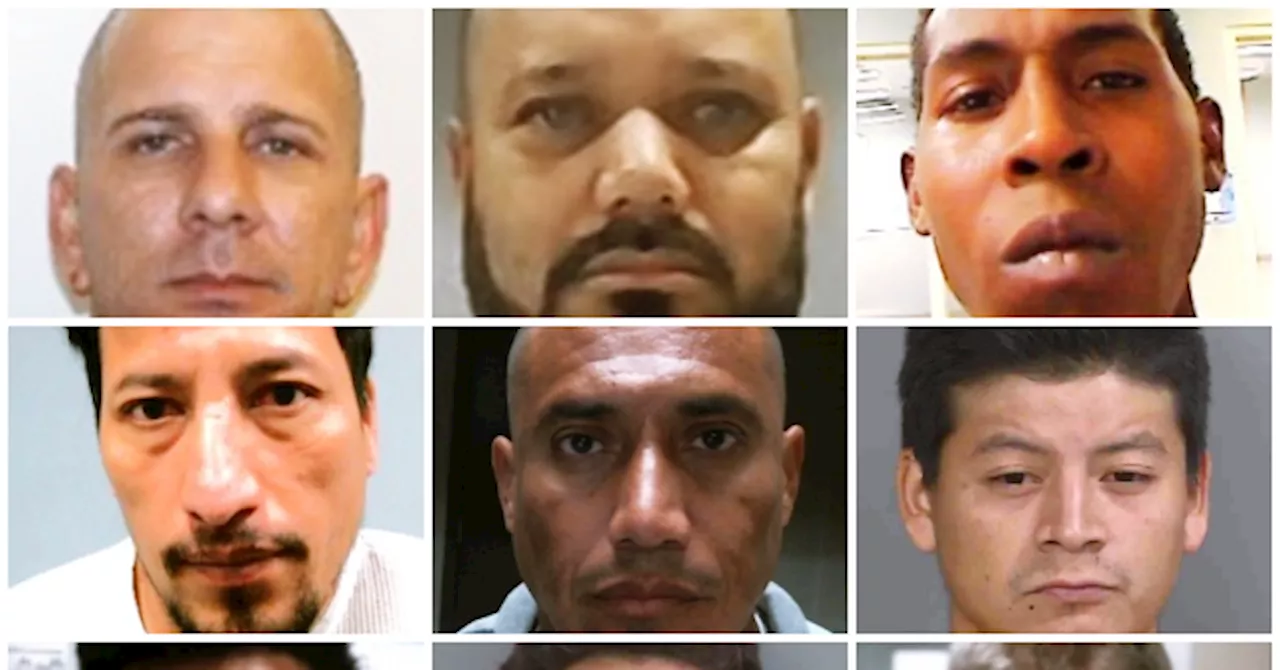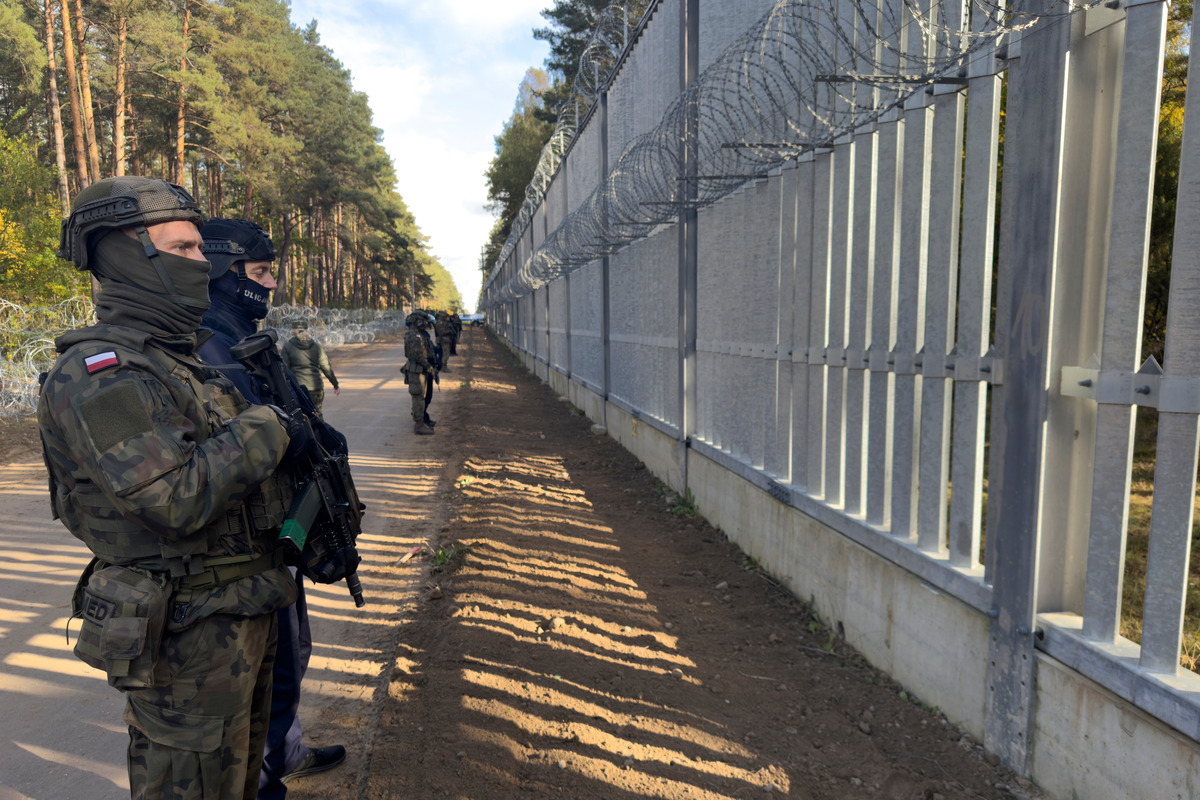The Department of Homeland Security (DHS) has announced the arrest of nearly 500,000 illegal aliens within the past nine months, with a significant number facing criminal charges or convictions. Secretary Kristi Noem emphasized the government’s commitment to public safety by focusing on the removal of dangerous offenders from the United States.
DHS, under the Trump administration, highlighted that a large proportion of those apprehended have a history of serious criminal activity. The operations reflect a strategic initiative by DHS and Immigration and Customs Enforcement (ICE) to prioritize individuals who pose a threat to communities. In her announcement, Noem stated that the focus remains on targeting offenders with substantial criminal backgrounds to enhance public security.
A number of high-profile cases exemplify the types of individuals apprehended in these operations. For instance, Erick Carlos Artiles Ramos, a Cuban national, has a troubling history that includes homicide, kidnapping, and robbery. Despite a deportation order issued in 2008, Ramos was only recently arrested. Similarly, Oscar Alfredo Retana Marroquin, originally from El Salvador, had been deported twice before his arrest following a conviction for sexual assault of a child.
Other notable cases include Arturo Sanchez Morales, a Mexican national with a prior deportation order from 2019, and Lelis Reinaldo Bejarano-Zeron of Honduras, who was arrested after being convicted of domestic violence. Both individuals highlight the focus of DHS and ICE on apprehending those with serious offenses, reinforcing the administration’s stance on immigration law enforcement.
The approach taken by the administration regarding immigration enforcement has sparked considerable debate. Discussions about border security, the implications of immigration policies, and the role of law enforcement in managing illegal immigration are increasingly prominent. Critics and supporters alike engage in a complex dialogue that encompasses human rights, national security, and the enforcement of immigration laws.
Supporters of the operations argue that the arrests are necessary for protecting citizens and maintaining the rule of law. They believe these actions help to safeguard communities from individuals who may pose a risk. Conversely, critics express concerns about the impact on families and the fairness of the immigration process. The polarized opinions reflect broader societal issues regarding immigration, justice, and the values of the nation.
As the government defends its policies, it highlights that these initiatives are essential in preventing further victimization and ensuring community safety. The recent figures serve to underscore the administration’s resolve in enforcing existing immigration laws and addressing public safety concerns.
The discussions surrounding immigration policy and enforcement continue to evolve, amplifying calls for a comprehensive approach that includes border security, legal pathways for immigration, and efficient processing of immigration cases. The increasing number of arrests has intensified scrutiny on the administration’s immigration strategies, raising questions about the balance between law enforcement and social justice.







